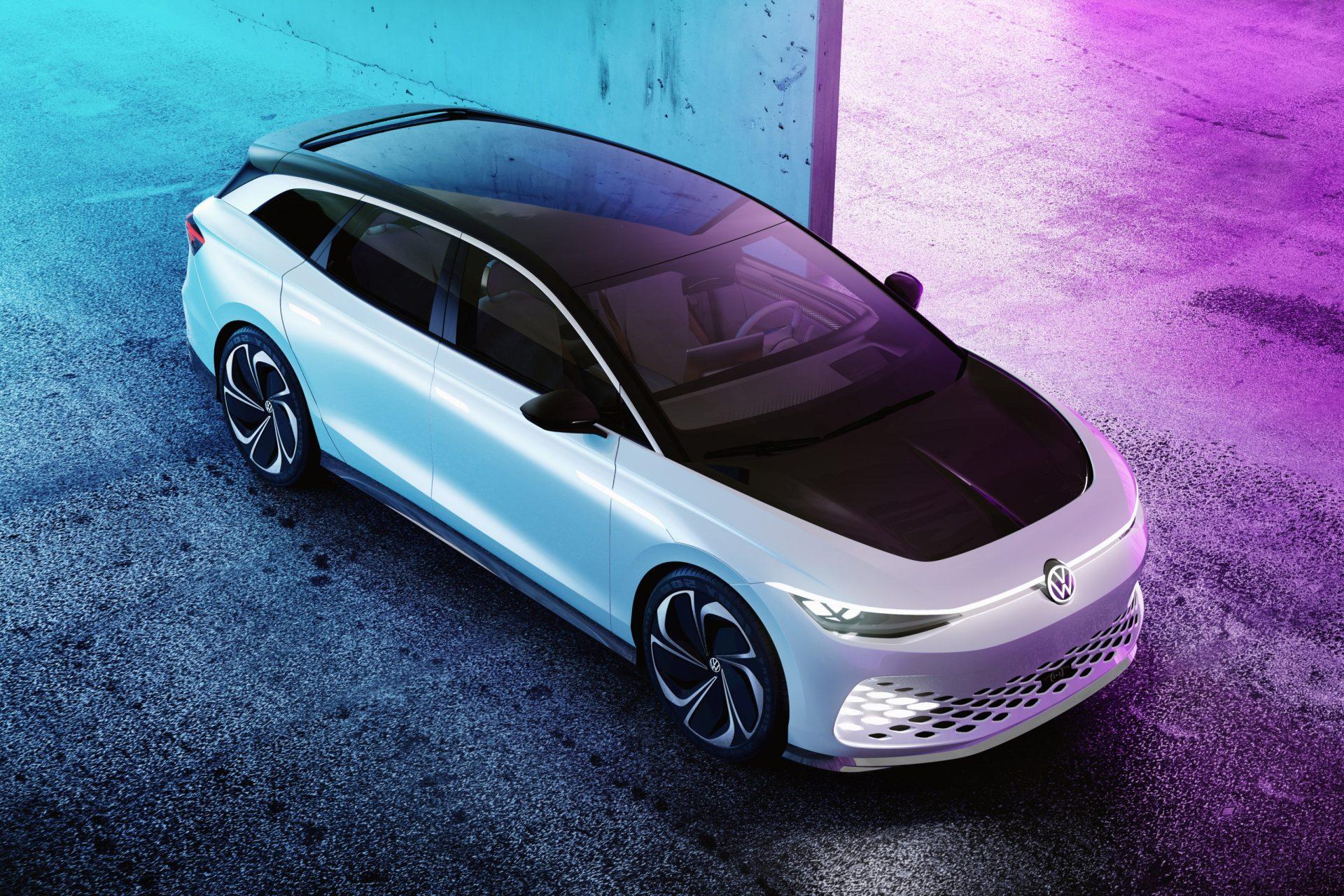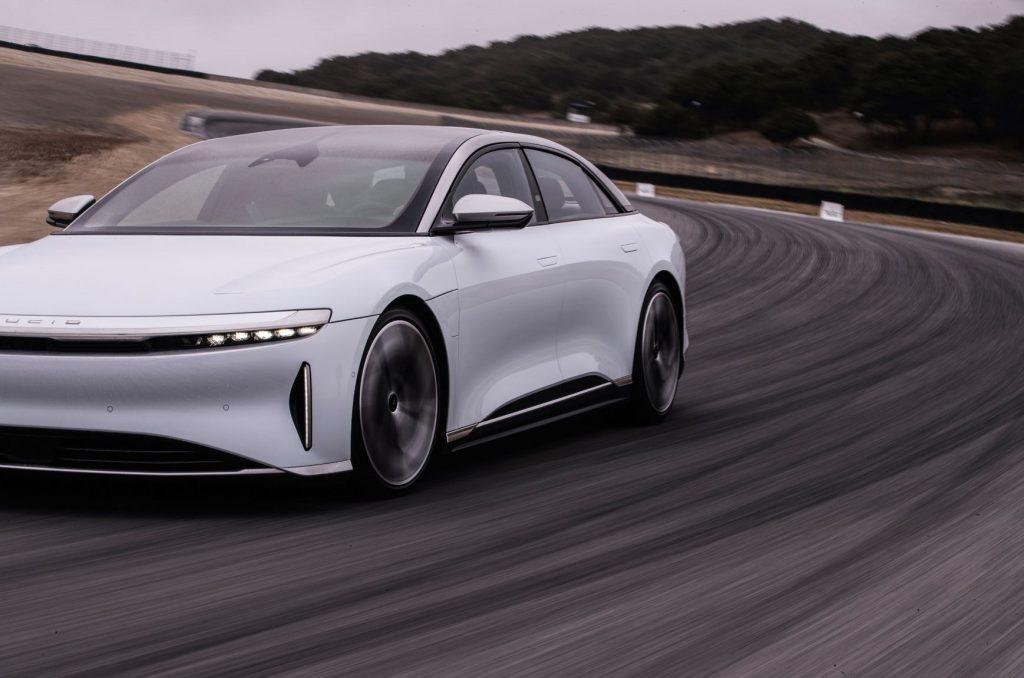Top 10 Benefits of Driving An Electric Car
By Sebastian Orellana
Updated Feb 18, 2024

Electric cars have become the preferred mode of transportation for many drivers worldwide due to their low running costs, environmental friendliness, and many other advantages. Here are the top 10 benefits of driving an electric car.
Table of Contents
READ: Can Electric Vehicles Tow?
1. Cost Savings:

Electric cars are becoming increasingly popular due to their cost-efficiency and environmental friendliness. They offer many benefits over traditional gasoline-powered vehicles, including lower fuel costs and reduced emissions.
First, electric cars are much more fuel efficient than gasoline-powered vehicles. Electric cars have an average efficiency of about three times that of gasoline-powered vehicles. This means that electric cars use less fuel for the same amount of driving, resulting in lower fuel costs.
Additionally, electric cars can be charged at home using renewable energy sources, such as solar panels, which further reduces the cost of fuel. Second, electric cars have lower maintenance costs than their gasoline-powered counterparts. Electric cars require less frequent oil changes and routine maintenance than gasoline-powered cars. Electric cars do not require oil or other fluids to lubricate the internal components. Additionally, electric cars require fewer repairs due to their simplified design, reducing maintenance costs. Third, electric cars have lower total ownership costs than gasoline-powered cars. When the cost of fuel, maintenance, and repairs are considered, electric cars are generally cheaper to own than their gasoline-powered counterparts. This is due to their better fuel efficiency and lower maintenance costs.
Additionally, electric cars are often eligible for government incentives, such as tax credits and rebates, which can further reduce the cost of ownership. Fourth, electric cars are more reliable than gasoline-powered cars. Electric cars do not require a spark plug or other ignition system and have fewer moving parts than gasoline-powered cars. This reduces the likelihood of breakdowns and repairs. Additionally, electric cars have a longer lifespan than gasoline-powered cars, resulting in lower overall ownership costs.
2. Emissions Reduction:
Electric cars reduce emissions by using electricity instead of fossil fuels to power them. This helps to reduce greenhouse gas emissions and other pollutants, which can contribute to climate change and other environmental issues.
Another way to reduce emissions with electric cars is through renewable energy. Renewable energy sources, such as solar, wind, and hydropower, can power electric cars. This is a great way to reduce emissions, as renewable energy sources are much cleaner than traditional sources.
Charging your electric car is also essential. It is vital to use a charger designed for electric cars when charging. This will ensure that the car is charged more efficiently and that the battery is not damaged.
READ: Do Electric Cars Have Radiators?
3. Tax Incentives:
In many countries, electric cars are eligible for tax incentives. This means drivers can often save money when purchasing an electric car.
4. Reduced Noise Pollution:
Electric cars are becoming increasingly popular as a way to reduce noise pollution. This is because electric cars are quieter than traditional gasoline-powered cars. The noise emitted from electric cars is less than half that of gasoline-powered cars, and the noise reduction is most noticeable in urban areas. Electric cars also reduce emissions, significantly reducing air pollution in cities.
First, electric cars are quieter than traditional gasoline-powered cars. This is because electric cars use an electric motor powered by a battery rather than an internal combustion engine. This means that electric cars have fewer moving parts, which reduces noise levels. Electric motors also don't require a transmission, so they don't produce the noise associated with shifting gears. Electric cars don't require oil changes or other maintenance, which is another noise source.
Second, electric cars reduce emissions. Electric cars don't need to burn gasoline, so they don't produce the harmful exhaust fumes associated with gasoline-powered cars. This means that electric cars can significantly reduce air pollution in cities. Electric cars also have fewer components than gasoline-powered cars, so they don't require much maintenance.
5. Long Range:

Many electric cars now have a range of up to 300 miles on a single charge, making them perfect for long-distance trips. This means drivers can take their electric car on trips without worrying about running out of charge.
6. Charging Options:
Electric car owners have various charging options. Home charging units can be installed for convenient overnight charging, and public charging stations are becoming increasingly common, making it easy to charge up when out and about.
7. Safety:

Electric cars are generally considered much safer than conventional cars. They have fewer moving parts and a lower center of gravity, making them less prone to rollovers.
8. Performance:
Electric cars are often faster than conventional cars, making them great for performance enthusiasts. Electric cars also have instant torque, which means they can go from 0 to 60 mph in a fraction of the time it would take a conventional car.
There are almost no limitations to having an electric car versus a gas-powered one. Electric cars can do anything a regular can and, at the time, even performs better than a traditional gas-powered vehicle.
9. Low Maintenance:

Electric cars require much less maintenance than conventional cars, as they have fewer moving parts and no need for oil changes or other regular maintenance. Electric car owners can save money on service and repair bills.
10. Resale Value:
Electric cars tend to hold their resale value better than conventional cars, making them a significant investment. Overall, electric cars provide a wide range of benefits to drivers. They are cheaper to run, produce fewer emissions, and offer a range of other advantages that make them an excellent choice for those looking to reduce their environmental impact and save money.
READ: Do Electric Cars Need Coolant?
Benefits of Driving an Electric Car - Conclusion
There are many, many benefits to driving an electric car. And we only covered a few hundred of them! If you’re considering making the switch to electric, we encourage you to research and weigh the pros and cons. And if there are any missed benefits that you think should be included on this list, let us know in the comments below!
